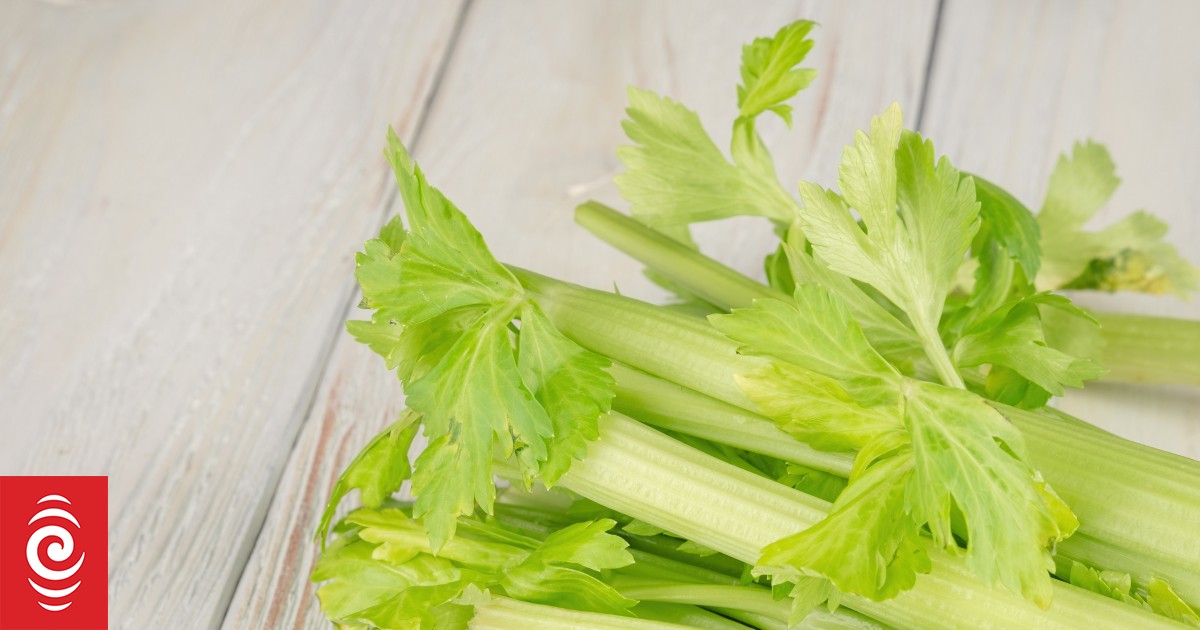
Celery prices are down, which is hurting growers.
Photo: Adreas Fischer / 123rf
Some established celery growers say their future in the sector is uncertain after nearly a year of being paid below the cost of production.
Stats NZ figures show celery prices for July were down 56 percent on the same time last year.
While low prices are great for the consumer, growers said they will push them out of business or force them to downsize.
Auckland region growers who have all been in business more than 50 years, said they appreciate the ebb and flow of supply and demand, but said something more is happening to market dynamics.
They believe a newer entrant is trying to squeeze them out, and for over ten months they have been forced to sell their celery at a big loss.
The growers said they have not changed their production volumes.
No one was prepared to name any particular grower publicly but RNZ believes the business which has ramped up production this year is Manawatu’s Solar Produce.
The company has not replied to several requests for comment.
Growers said the company is flooding the market and increasing plantings pushing down prices for everyone.
Celery is one of the most expensive crops to produce, and at present growers said it is paying the least – but they acknowledge growers on cheaper land with good labour will have lower costs of production.
Fifth-generation Waimauku grower Luke Franklin said times are tough.
“There’s an oversupply so we’re getting paid below cost which makes things hard.
“We’ve got all our bills to pay so we can’t keep going like this forever, the ones with the deepest pockets can stick it out for longer and normally survive.”
One grower refused to sell their crop to a supermarket after they were offered 60 cents a bunch when they need at least $1.80 to break even.
Several growers also commented on quality, saying they used to be rewarded for top notch product, now “near enough is good enough” and “it’s a tragedy” consumers won’t realise what a quality crop looks like.
Woolworths supermarket said it works closely with growers and develops growing plans to ensure good supplies and a fair sustainable price for growers.
It said the chain can not and should not control the market price.
“We’re always open to having conversations with suppliers about how we can help sustain and grow their business.”
Foodstuffs also said it has close relationships with growers.
“The season has been bumper for many crops which is good for customers, but can be tough for growers. Foodstuffs understands the challenges when there’s over supply.”
The long established growers say their other concern is food safety.
If they are pushed out of business, relying on just one or two regions to produce celery is risky because there is no resilience around weather events wiping crops out.

